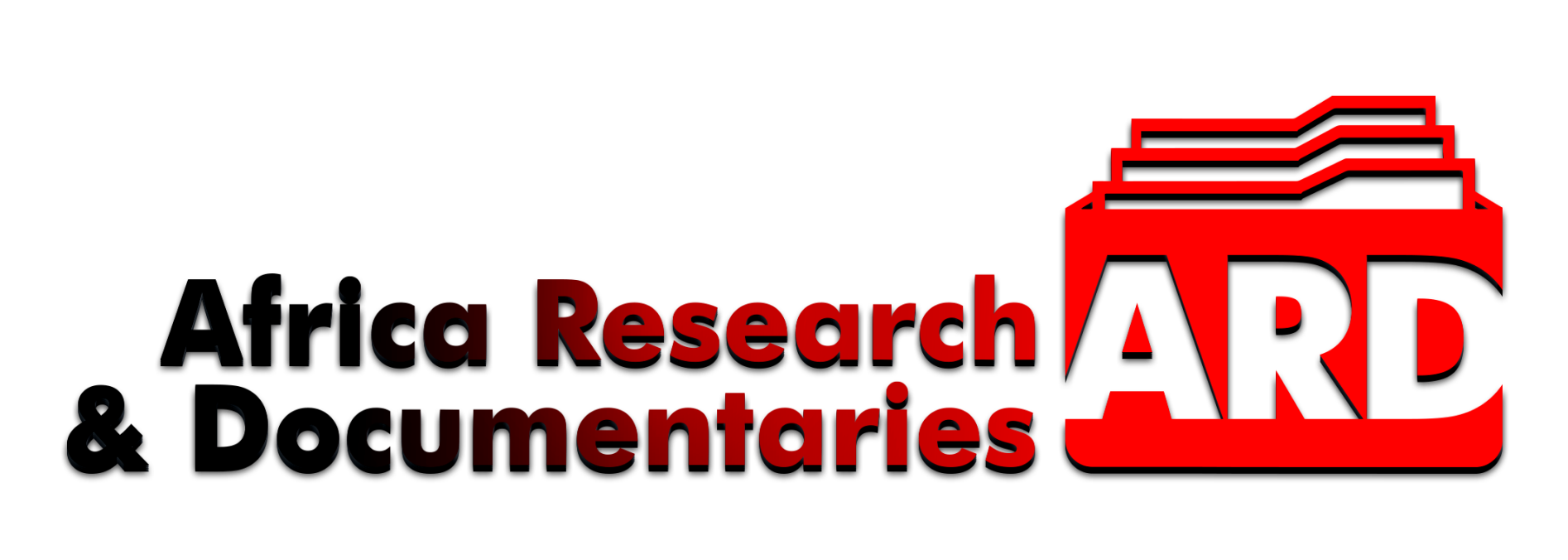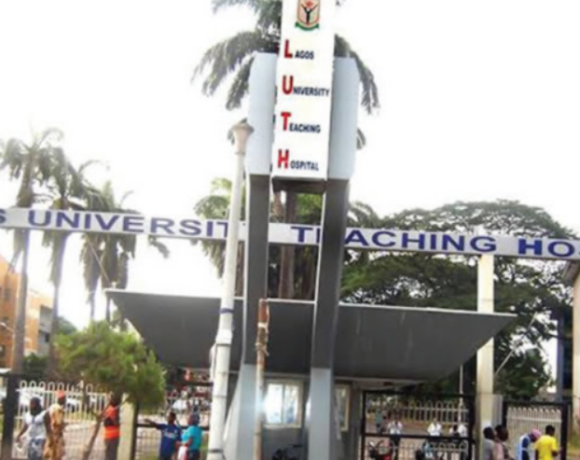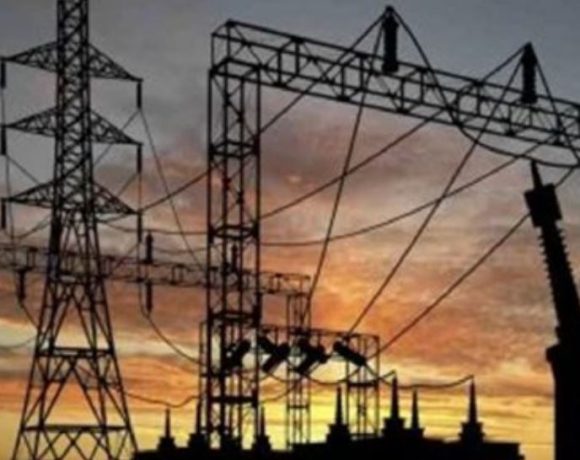The NLC State their Reasons for Accepting the N70,000 Minimum Wage

NLC President, Joe Ajaero and others – ARDnig
The Nigerian Labour Congress (NLC) has accepted a new minimum wage of N70,000, a landmark agreement in the country’s labor negotiations. This decision comes with several attached incentives, which aim to improve the overall compensation package for workers. Additionally, there is a promise of regular reviews to ensure that the wage remains fair and reflective of economic conditions. This agreement is seen as a significant step forward in addressing the concerns of workers and enhancing their financial well-being. The acceptance of this minimum wage highlights the ongoing efforts to improve labor conditions and foster a more equitable workforce in Nigeria.
Context of the New Minimum Wage Agreement
The Nigeria Labour Congress (NLC) has accepted a new minimum wage proposal of N70,000 from President Bola Tinubu. This decision comes after detailed negotiations and considerations of various incentives attached to the offer. The new wage agreement marks a significant change from the previous N30,000 minimum wage, which expired earlier this year.
Key Reasons for Acceptance
NLC President Joe Ajaero explained that one of the main reasons for accepting the N70,000 minimum wage was the promise of regular reviews every three years. This is a notable improvement from past agreements, which lacked such frequent evaluations. Additionally, other incentives offered by the government played a crucial role in the decision-making process.
The promise of regular wage reviews and the inclusion of additional incentives were key factors that made the N70,000 minimum wage acceptable to us. This agreement is not just about a higher salary; it reflects a commitment to ensuring that wages keep pace with economic realities and that workers receive the support they need to thrive. By securing these terms, we believe we are taking a significant step towards improving the quality of life for our members and fostering a more sustainable and fair labor environment in Nigeria.
Details of the New Wage Agreement
The new wage agreement was officially announced by President Tinubu during a meeting with labour leaders in Abuja. Special Adviser on Information and Strategy, Bayo Onanuga, confirmed the announcement via his official social media handle. The President also committed to assisting the private sector and sub-national governments in implementing the new minimum wage.
NLC President Joe Ajaero and President Bola Tinubu – ARDnig
Reactions and Promises from the President
The NLC leaders expressed their gratitude towards President Tinubu for his “fatherly gesture.” During the meeting, the President also addressed the demands of university unions, promising to use his discretionary powers to resolve issues related to unpaid salaries. This approach highlights the government’s commitment to addressing broader labour concerns.
Future Implications of the Wage Increase
The new minimum wage agreement is set to replace the previous N30,000 wage, pending approval by the National Assembly. The regular review clause ensures that the wage will be adjusted in line with economic realities, providing long-term benefits for Nigerian workers. This agreement represents a positive step towards improving the living standards of workers across the country.The acceptance of the N70,000 minimum wage by the Nigerian Labour Congress marks a pivotal moment in the country’s labor negotiations. This agreement, accompanied by incentives and a commitment to regular reviews, represents a concerted effort to enhance the financial stability of workers. It underscores the importance of continuous dialogue between labor unions and the government to ensure fair compensation and address the evolving economic landscape. Ultimately, this milestone is expected to lead to improved labor relations, better living standards for workers, and a more robust and equitable economy in Nigeria.The promise of regular wage reviews and the inclusion of additional incentives were key factors that made the N70,000 minimum wage acceptable to us. This agreement is not just about a higher salary; it reflects a commitment to ensuring that wages keep pace with economic realities and that workers receive the support they need to thrive.











